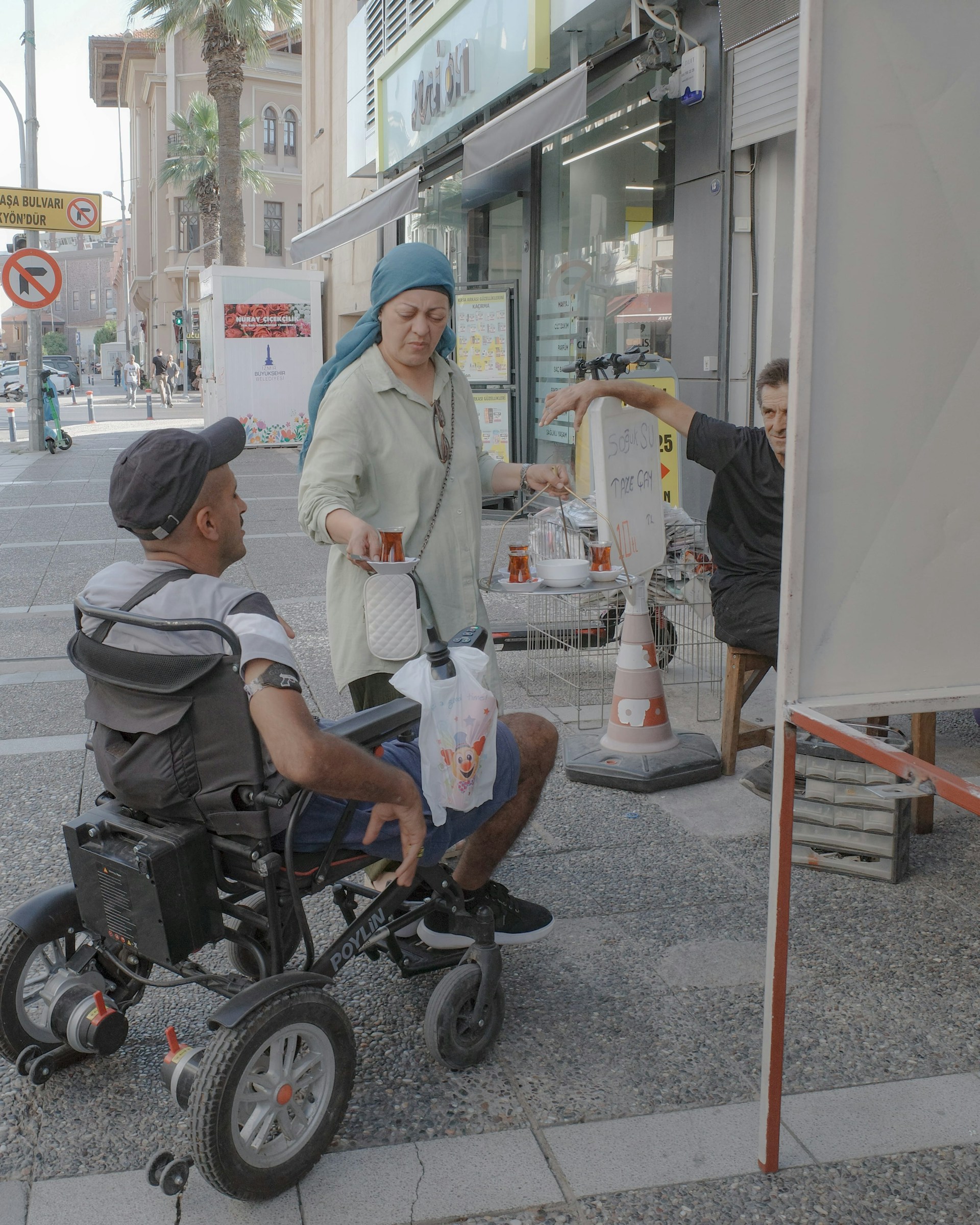Supporting Independence for Aging Loved Ones
Aging is a natural part of life, and with it comes a unique set of challenges that can affect a person’s physical health, mental well-being, and overall independence. Many families struggle with the delicate balance between ensuring safety and preserving autonomy for their aging loved ones. Fortunately, there are numerous strategies and resources that can support elderly individuals in maintaining their independence while ensuring they receive the care and assistance they need.
The Importance of Independence in Aging
Independence is more than just a lifestyle preference for older adults—it’s a key factor in their overall health and happiness. Studies have consistently shown that seniors who are able to maintain a degree of control over their daily routines experience better mental health, higher life satisfaction, and even longer lifespans. Independence helps seniors retain their identity and dignity, which in turn can boost their confidence and motivation to remain active and engaged.
However, independence does not mean isolation. It’s important for aging individuals to feel connected to their community and supported by friends, family, and professional caregivers. Striking the right balance is essential.
Assessing the Level of Support Needed
Before making any decisions about care or assistance, it’s crucial to assess the current and future needs of your loved one. This can include:
- Physical health: Are they experiencing mobility issues? Do they require help with walking, bathing, or preparing meals?
- Cognitive health: Are there signs of memory loss, confusion, or poor decision-making?
- Emotional well-being: Are they feeling lonely, anxious, or depressed?
- Home safety: Are there risks of falls or other accidents in their living environment?
A comprehensive evaluation, ideally conducted with input from healthcare providers, can help determine which supports are most appropriate.
Adapting the Home for Safety and Comfort
One of the most effective ways to support independence is by modifying the home environment. A few simple changes can make a world of difference in ensuring safety while encouraging self-sufficiency:
- Install grab bars in the bathroom and near stairways
- Remove trip hazards like loose rugs or cluttered walkways
- Improve lighting in hallways and other frequently used areas
- Reorganize cabinets and shelves so frequently used items are within easy reach
- Use assistive devices like shower chairs, raised toilet seats, or stairlifts
Home modifications not only enhance safety but also boost confidence, allowing seniors to move about more freely and without constant supervision.
Encouraging Routine and Purpose
Having a daily routine and a sense of purpose can dramatically improve the quality of life for aging individuals. Encourage your loved one to engage in meaningful activities, whether it’s gardening, knitting, volunteering, or spending time with grandchildren. These activities provide structure, stimulate the mind, and help seniors feel valued.
For those who enjoy social interaction, consider enrolling them in a local senior center or day program. These centers often offer group exercises, crafts, and outings, which help foster social bonds and combat loneliness.
The Role of Technology in Promoting Independence
Modern technology offers numerous tools that can assist older adults in living independently. From health monitoring devices to communication aids, the right tech can bridge the gap between autonomy and support:
- Medical alert systems can summon help at the press of a button.
- Smart home devices allow for voice-activated control of lights, thermostats, and even security systems.
- Medication management apps can send reminders to take pills or track dosages.
- Video calling platforms enable regular check-ins with family members and reduce feelings of isolation.
Introducing technology can be a learning curve, but many seniors adapt quickly with a little guidance and patience.
Involving Loved Ones in Decision-Making
Maintaining independence also means having a say in the decisions that affect one’s life. When planning care or making changes to routines, it’s essential to involve your aging loved one in the conversation. Doing so shows respect for their autonomy and helps ensure the solutions you implement align with their values and preferences.
Avoid making assumptions about what they need or want. Ask open-ended questions and listen carefully. For example:
- “How are you feeling about living at home?”
- “Is there anything you’d like help with?”
- “Are there things you miss doing that you’d like to try again?”
This collaborative approach can reduce resistance and foster a more positive attitude toward change.
The Value of Professional Support
While family members often want to provide care personally, it’s important to recognize when professional help is needed. Caregiving can be emotionally and physically exhausting, and professionals bring expertise that can enhance quality of life for both the senior and their family.
One valuable option is personal care services, which can be tailored to meet a range of needs. These services may include help with bathing, grooming, dressing, medication reminders, and light housekeeping. Professional caregivers can provide regular visits or full-time care depending on the situation, all while allowing your loved one to remain in the comfort of their own home. By handling essential daily tasks, personal care providers make it possible for seniors to stay independent without compromising safety or well-being.
Supporting the Caregiver
Caring for an aging family member can be incredibly rewarding, but it can also be a source of stress. To ensure the caregiver’s ability to continue providing support, self-care is vital. This includes:
- Taking breaks through respite care or shared caregiving duties
- Seeking emotional support from friends, family, or support groups
- Staying informed by attending workshops or reading up on eldercare resources
- Setting boundaries to prevent burnout and resentment
A healthy, well-supported caregiver is better equipped to offer consistent and compassionate care.
Planning for the Future
Independence today doesn’t mean avoiding planning for tomorrow. As needs evolve, it’s important to revisit care plans and anticipate potential changes. This might include discussing:
- Long-term care options, including assisted living or skilled nursing
- Legal matters such as power of attorney and living wills
- Financial planning for healthcare and housing expenses
Open and proactive conversations now can ease transitions later and ensure that your loved one’s wishes are respected.
Conclusion: Independence with Compassion
Supporting the independence of aging loved ones is a journey that requires empathy, patience, and thoughtful planning. By assessing needs, adapting environments, encouraging engagement, and utilizing available resources, families can empower seniors to live fulfilling and autonomous lives. Remember, independence doesn’t mean doing everything alone—it means having the freedom to live life on one’s own terms, with the right support in place.













